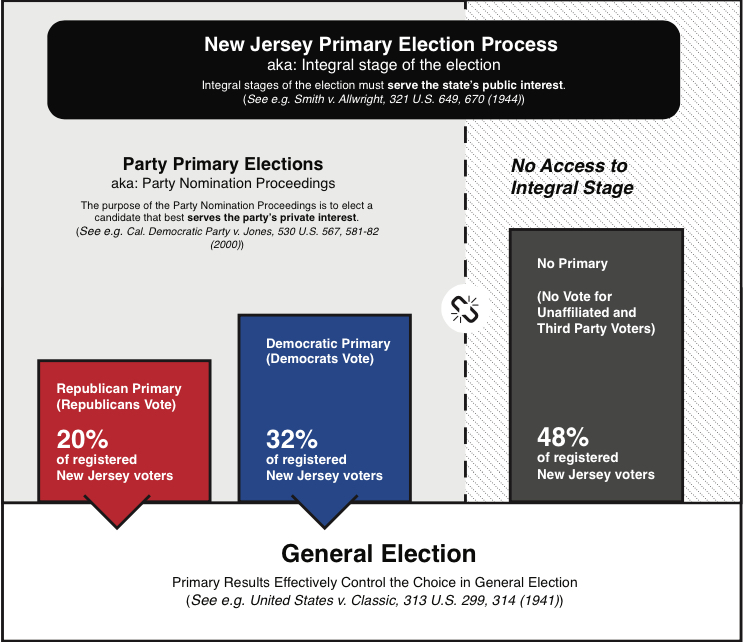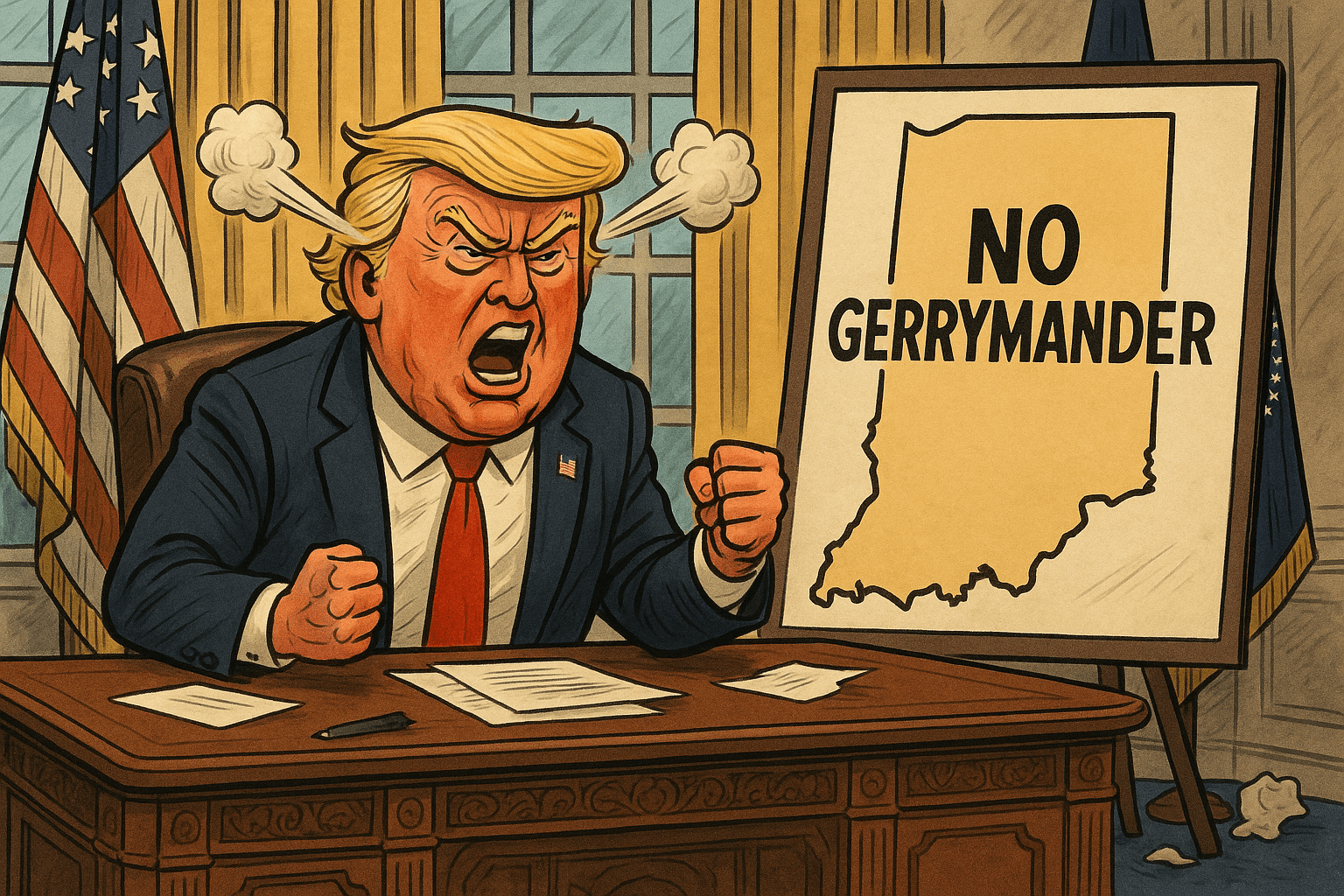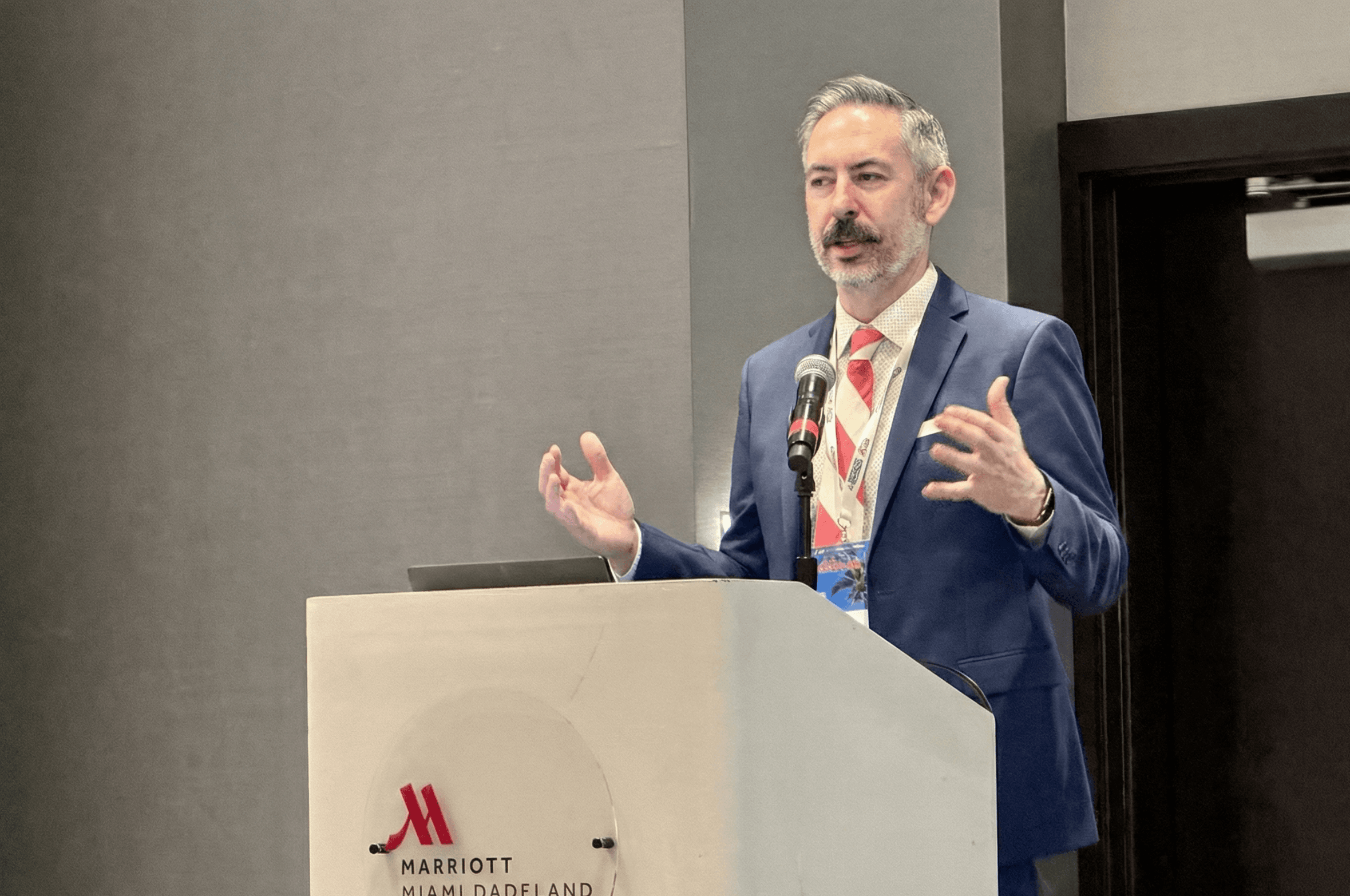Lawsuit Says N.J. Secretary of State Using Taxes for Private Benefit
Appellants in the lawsuit challenging the constitutionality of the New Jersey primary structure filed a reply to the secretary of state’s opposition brief with the U.S. Third Circuit Court of Appeals on Wednesday. The EndPartisanship.org coalition reasserts its argument that because primary elections are an integral stage of the public election process, the state has an obligation to protect every voter’s fundamental right to equal and meaningful participation.
Since March, when the EndPartisanship.org coalition (along with registered Republicans, Democrats, and independent voters in New Jersey) filed the lawsuit, the secretary of state has argued that the plaintiffs are trying to force the state to allow nonmembers access to the private nomination proceedings of the Republican and Democratic parties.
However, at no point in the last 9 months has the coalition argued that the Constitution entitles voters participation rights in the private nomination proceedings of political organizations or that the state should force parties to open their doors to nonmembers.
“Appellants are not seeking to participate in the nomination of a political party’s candidates,” the reply states. “Rather, Appellants are asking the state to respect their right to participate in the state’s election process on an equal footing as political parties and their members."
Though primary elections are pivotal in electing candidates, approximately 48 percent of New Jersey voters are denied access to them, giving the Republican and Democratic parties — two private organizations — an unfair advantage in elections.
For those who have not followed the progress of the lawsuit to date, a district court judge in Newark ruled in favor of the state in August, citing the defendant’s argument that the lawsuit “proceeds from the premise that all registered voters have a fundamental right to vote in the primary election conducted by political parties they are not members of.”
In November, the coalition appealed the ruling to the Third Circuit.
In her opposition to the appeal, Secretary of State Kim Guadagno argues that unaffiliated voters do not have a fundamental right to participate in state-funded primary elections, even if those elections are an integral stage of the elections process.
“[N]either this court nor the Supreme Court has recognized that unaffiliated voters have a fundamental right to participate in primary elections even when those elections are an integral part of the electoral process,” she argues.
Later in the brief, the state admits that “it is beyond cavil that ‘voting is of the most fundamental significance under our constitutional structure.’” (quoting Burdick v. Takushi, 504 U.S. 428, 433 (1992) (quoting Illinois Bd. of Elections v. Socialist Workers Party, 440 U.S. 173, 184 (1979).)
Yet, the state goes on to argue that the right to participate is conditioned on joining one of two private organizations. This argument seems to contradict the concept of a fundamental right.
“The fundamental right to vote, by its very nature, is a nonpartisan right,” appellants argues in their reply.
A fundamental right, like the right to vote, cannot come with such caveats that require voters to join a private organization like a political party before they can exercise this right.
Appellants further argue that the secretary of state cannot “articulate a legitimate public interest” to justify her arguments and she says she doesn’t have to because the party registration burden is not great enough.
[I]f voting is of such fundamental significance (OB 7), as well as the right to not associate (OB 10), how can the exercise of one fundamental right be conditioned on the forfeiture of another, yet characterized as a minimal burden? - Appellants' reply to the Opposition to Appeal
Very few would argue against the claim that primaries are an integral stage of the election process. The state does not even provide an argument against this claim. In New Jersey alone, only one congressional race every election cycle is considered even remotely competitive in the general election, meaning nearly every race is decided after the primary stage.
Yet, nearly half of New Jersey voters are denied full access to the public election process unless they sacrifice their constitutionally-protected right to non-association. Further, because of current election law and heavily gerrymandered districts, a majority of voters (regardless of political persuasion) are denied an equal voice in who represents them at the state and federal levels of government.
Read all motions and court filings in the New Jersey lawsuit on Independent Voter Project's website.








